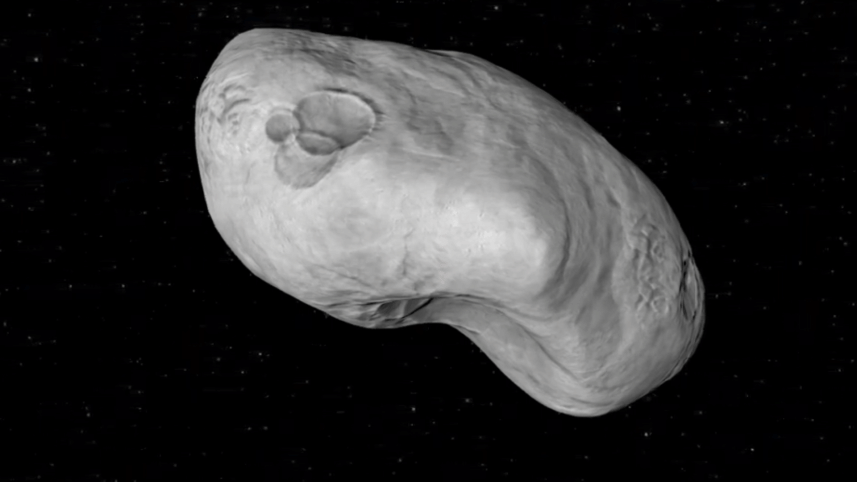Earth to get a temporary 'mini-moon' from September 29

Starting September 29, Earth will welcome a new celestial neighbour: a 'mini-moon' named 2024 PT5. This small asteroid, roughly 10 meters (32 feet) in diameter, is expected to loop around our planet until November 25 before breaking free from its gravitational embrace.
Discovered by NASA on August 7, 2024, PT5 is thought to be an asteroid that originated from the Arjuna asteroid belt. In a September 2024 research paper published by the American Astronomical Society, researchers Carlos de la Fuente Marcos and Raúl de la Fuente Marcos discussed the asteroid PT5, highlighting that Earth can capture asteroids from the Near-Earth Object (NEO) population - temporarily pulling them into orbit.
According to a report by Times on this matter, NASA defines a NEO as any celestial body, including asteroids, that has been nudged into Earth's vicinity by the gravitational pull of other planets. The agency actively tracks around 28,000 of these objects, maintaining detailed data on their orbits and close approaches.
According to Paul Chodas, Director of NASA's Center for Near-Earth Object Studies at the Jet Propulsion Laboratory, 2024 PT5 may even be a piece of ejecta from a lunar impact, suggesting it might have originated from the moon itself, as per the Times report. This adds an intriguing layer to its temporary visit, as it could be a fragment of our nearest neighbour.
Mini-moons can be classified into two categories based on their behaviour during their time in Earth's orbit. The upcoming 2024 PT5 falls into the "temporary captured flyby" category, meaning it will not complete a full orbit around Earth before departing. In contrast, "temporary captured orbiters" can stay for several months or even years. An example of this is the 2006 RH120, which orbited Earth for about a year before escaping in 2020.
While 2024 PT5 will be challenging to spot due to its small size, its presence will be felt in the astronomical community. Researchers expect this mini-moon to follow a trajectory similar to that of 2022 NX1, another temporary mini-moon that had a brief visit to Earth's orbit.
So, while you might not see 2024 PT5 with the naked eye, its brief stay will serve as a reminder of the dynamic nature of our solar system and the fascinating dance between Earth and its celestial companions!



 For all latest news, follow The Daily Star's Google News channel.
For all latest news, follow The Daily Star's Google News channel.
Comments